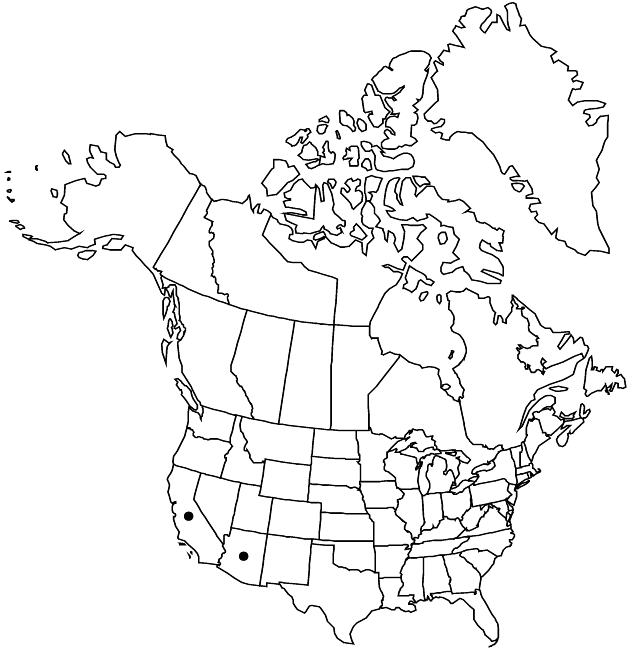Gamochaeta stagnalis
Opera Bot. 104: 157. 1991.
Annuals, 2.5–20(–35) cm; usually taprooted, sometimes fibrous-rooted. Stems erect to decumbent-ascending, densely and loosely arachnose-tomentose. Leaves mostly cauline, basal usually withering before flowering, blades mostly oblanceolate to oblong-oblanceolate (± uniform in size and shape), 1–2.5(–3) cm × 2–6 mm, faces concolor or weakly bicolor, both loosely tomentose or adaxial glabrescent and greener. Heads in capitate clusters (in smallest plants) ca. 1 cm or interrupted, spiciform arrays 1–3(–12) cm × 8–12 mm (pressed, sometimes branching at proximal nodes, glomerules subtended by divergent-ascending bracts similar to distal cauline leaves). Involucres campanulate, 2.5–3 mm, bases sparsely arachnose. Phyllaries in 3–4(–5) series, outer ovate-triangular, lengths 1/2–2/3 inner, apices broadly acute, inner oblong, laminae usually purple (immediately beyond stereome and along proximal margins), apices (whitish) rounded-obtuse. Florets: bisexual (2–)3(–4); all corollas purplish distally. Cypselae (tan) 0.3–0.5 mm.
Phenology: Flowering (Mar–)Apr(–May).
Habitat: Sandy, often moist soils, washes, permanent streams, canyon bottoms, flower beds, riparian, desert grasslands, juniper-grasslands, creosote bush-mesquite-cholla, oak woodlands
Elevation: 900–1800 m
Distribution

Ariz., N.Mex., Mexico.
Discussion
Morphologic differences between Gamochaeta antillana and G. stagnalis are subtle but consistent; the two are distinct in geography and ecology. The previous attribution of G. falcata (Lamarck) Cabrera to Arizona (G. L. Nesom 1990f) was based on specimens of G. stagnalis. Those plants have been misidentified as G. purpurea also.
Selected References
None.